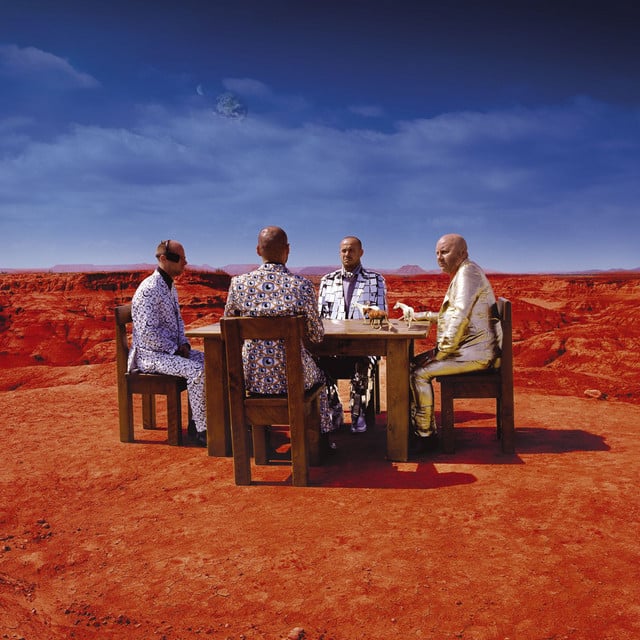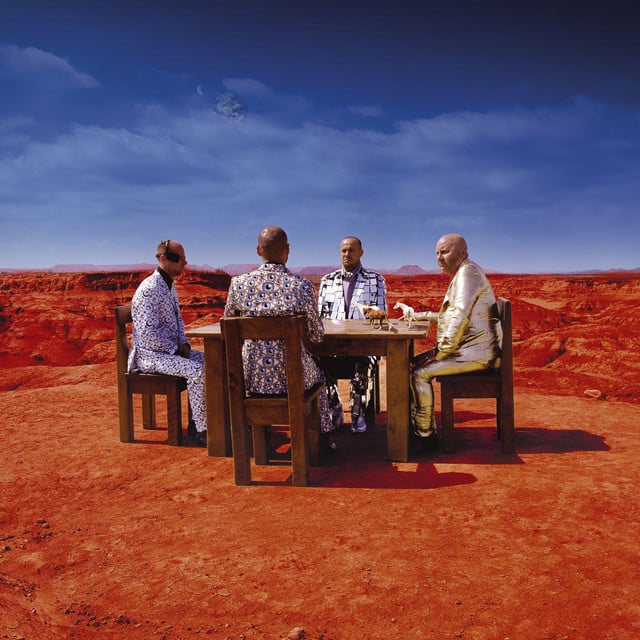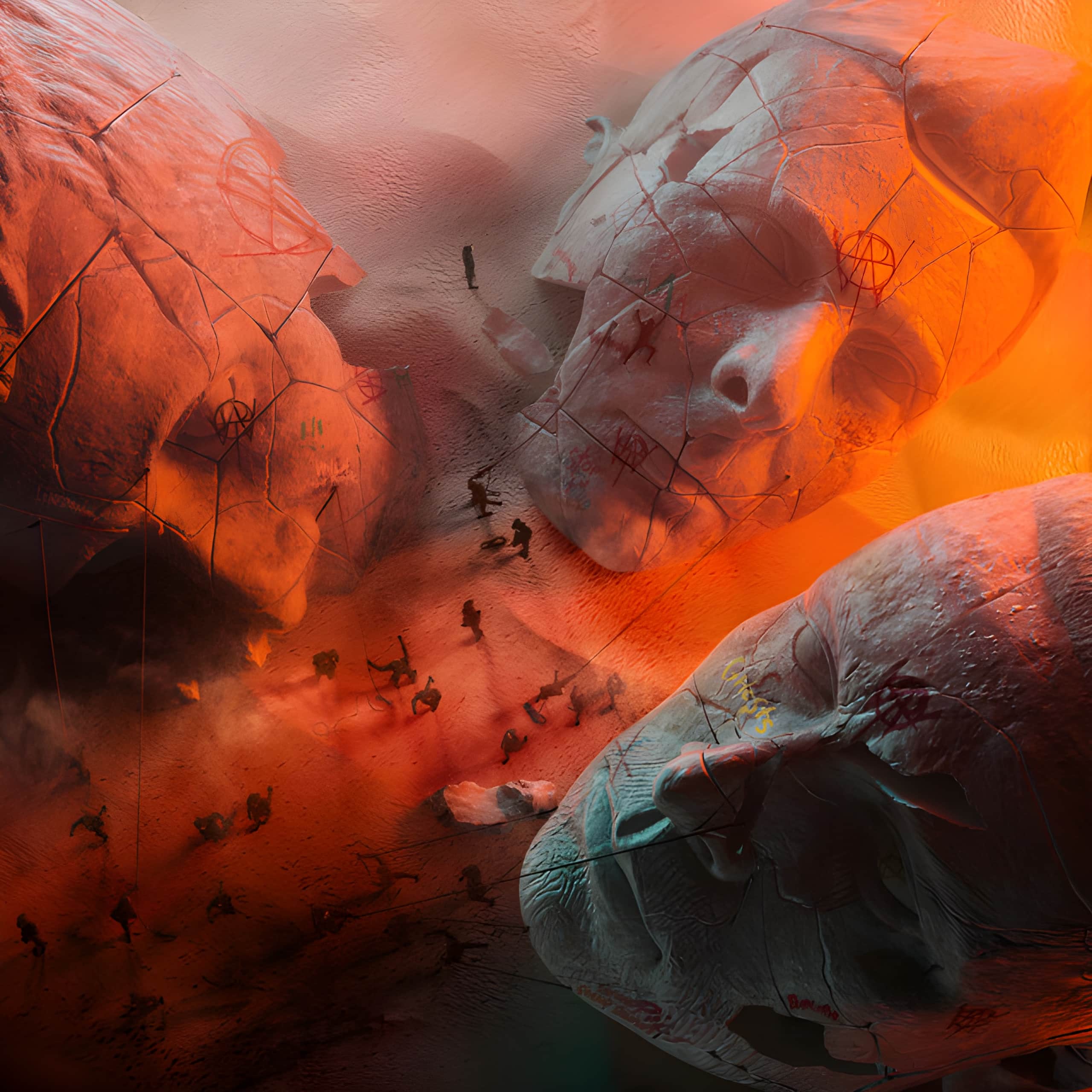Released: 2006
We are jumping down the rabbit hole with “Map of the Problematique” by Muse, a song that’s as layered as it is maddeningly beautiful. This haunting tune is a journey through emotional hardship and introspection, underpinned by the struggle of loneliness and the yearning for connection. Equal parts desolation, determination, and despair, it paints the universal human experience in Muse’s signature anthemic rock style.
Starting off with the lines – “Fear, and panic in the air / I want to be free / From desolation and despair”, the song kicks off the narrative of emotional distress and the profound desire for liberation. The existential angst is palpable as the singer expresses the feeling of helplessness, where every effort seems futile – “And I feel like everything I sow / Is being swept away”. But amidst the emotional tumult, there’s a refusal to surrender – “Well, I refuse to let you go”. This strikes a chord as powerful defiance against adversity.
Moving into the chorus, the recurring question, “Loneliness be over / When will this loneliness be over?” captures the essence of the song. It reiterates the sense of isolation and the longing for relief from this solitude. Here’s a raw and desperate cry, a plea for solace that resonates in the echoed chambers of many a heart.
The middle verse, “Life will flash before my eyes / So scattered and lost / I want to touch the other side”, further spirals into a state of disarray, evoking the chaotic nature of life. Yet there’s a shimmering thread of ambition, a desire to transcend current circumstances. The line “And no one thinks they are to blame / Why can’t we see? / That when we bleed, we bleed the same” serves as a biting critique of human denial and the failure to recognize our shared experiences and vulnerabilities.
This song leaves us mulling over the complexities of human emotions, the conflicts we experience, and our incessant pursuit of connection and contentment. “Map of the Problematique” reminds us that rock isn’t just about the raw, adrenaline-powered rebellion, but also a conduit to navigate the convoluted map of our hearts and minds. It’s rock at its introspective best, representative of Muse’s visionary approach to the genre.








